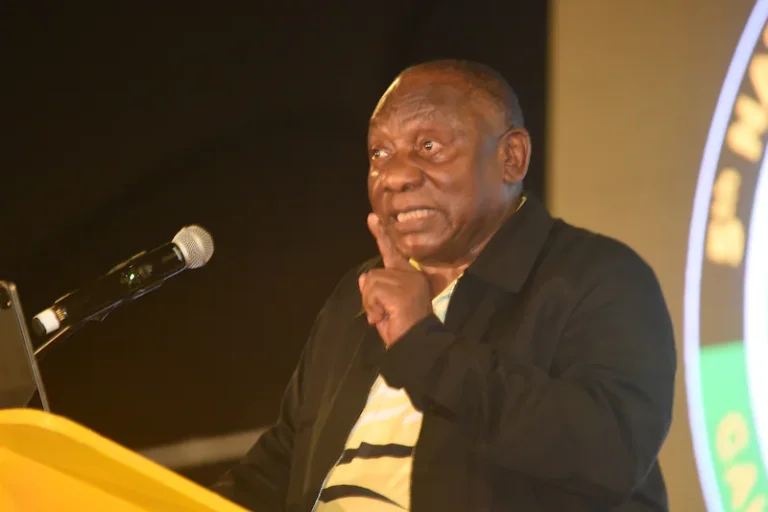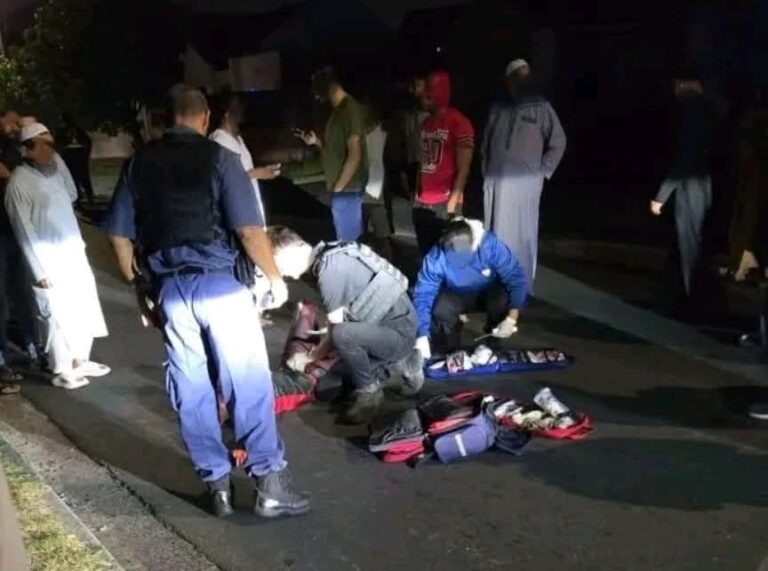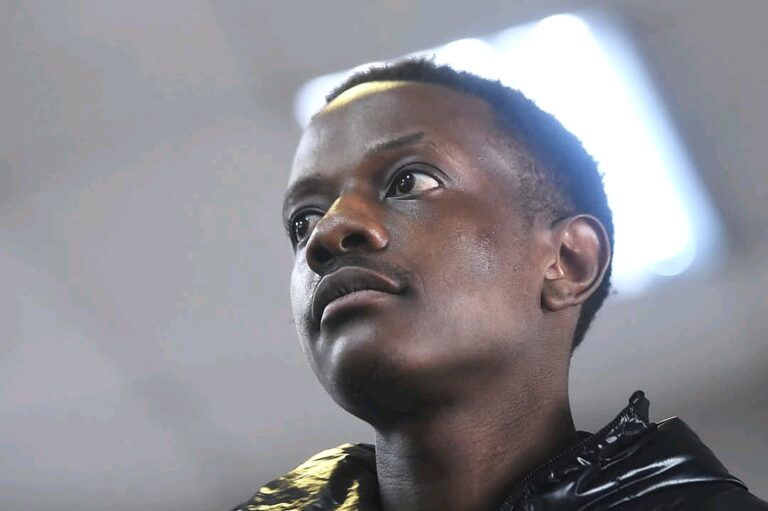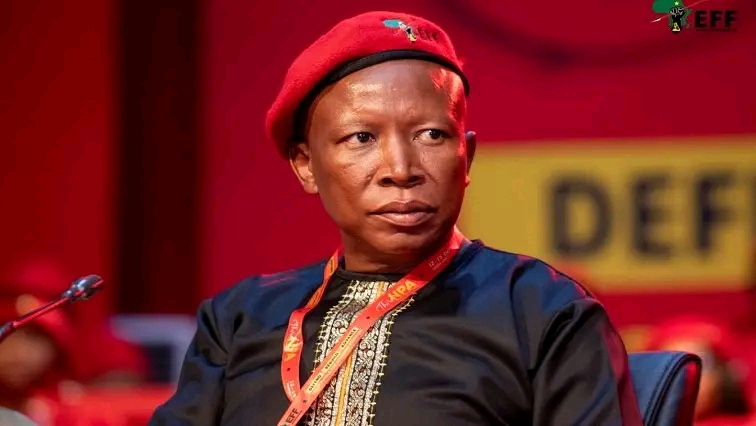
Economic Freedom Fighters (EFF) leader Julius Malema has claimed political interference after being denied a visa to the United Kingdom, preventing him from attending the Cambridge Conference this weekend. The denial, which Malema announced on social media, has drawn criticism from his supporters and reignited debates about freedom of expression and international diplomacy.
In a statement posted to his X (formerly Twitter) account on Wednesday, Malema described the visa denial as a deliberate move to suppress dissenting voices, calling it “unjustified” and “an attempt to silence a dissenting political perspective.” Malema was preparing to depart from OR Tambo International Airport when he received what he described as a last-minute “regret letter” from British authorities, informing him of the decision.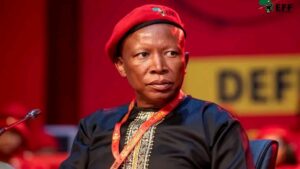
According to Malema, he had been reassured by officials that his visa issue would be resolved by 3:30 PM on the same day. However, this promise was not fulfilled, and he was ultimately barred from boarding his flight. “This denial is unacceptable and spineless,” Malema said, emphasizing that he believes this is part of a broader pattern of targeting outspoken political figures.
Malema had been invited to speak at the prestigious Cambridge Conference, which is known for fostering open dialogue and discussing global socio-political challenges. His exclusion from the event has raised concerns about the UK’s commitment to these ideals, especially when it involves controversial or oppositional voices.
This is not the first time Malema has encountered travel restrictions due to his outspoken political stance. In 2011, he was banned from entering Botswana after criticizing then-President Ian Khama, accusing his government of being a “puppet regime.” At the time, Malema was still president of the ANC Youth League and had announced plans to support opposition efforts in Botswana, even suggesting a coup to topple the Khama-led government.
These remarks caused a significant diplomatic stir, leading to Malema being blacklisted by the Botswana government. His ban remained in place for years, only being lifted in November 2024 shortly before President Duma Boko’s inauguration. Alongside Malema, other high-profile individuals such as former EFF Deputy President Floyd Shivambu and businesswoman Bridgette Radebe were also removed from Botswana’s entry blacklist.
Malema’s contentious relationship with various governments, both domestically and internationally, has often led to travel and political challenges. His 2012 expulsion from the African National Congress (ANC) was, in part, due to his calls for regime change in Botswana.
The recent UK visa denial has stirred further debate on whether international platforms are becoming increasingly selective about who gets to participate in global discussions. Critics argue that blocking political figures from such events undermines the democratic principle of engaging with differing viewpoints.
As of now, Malema has not disclosed whether he will seek further diplomatic intervention or take legal steps to challenge the UK’s decision.


